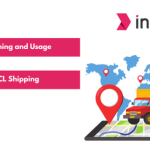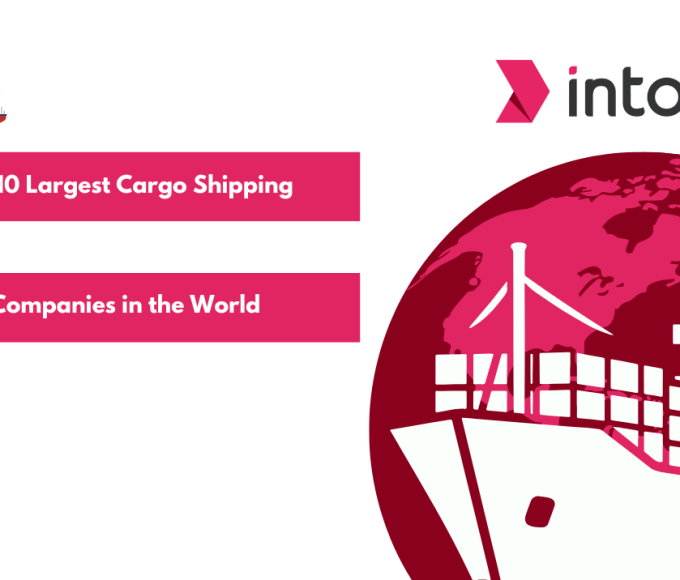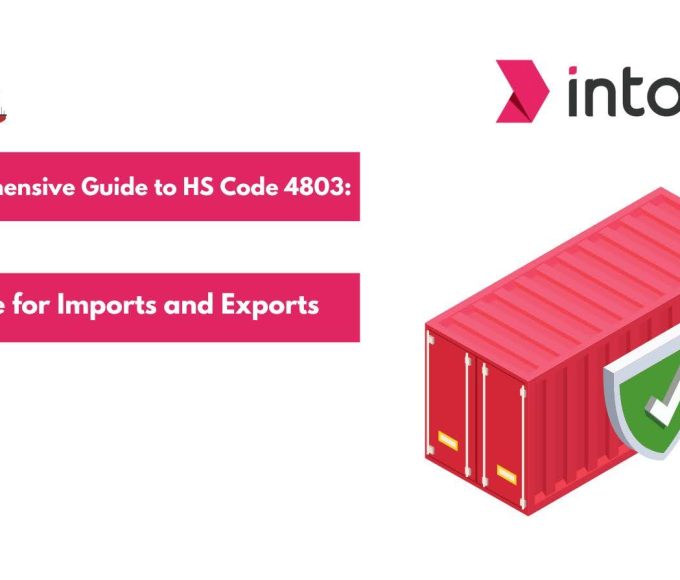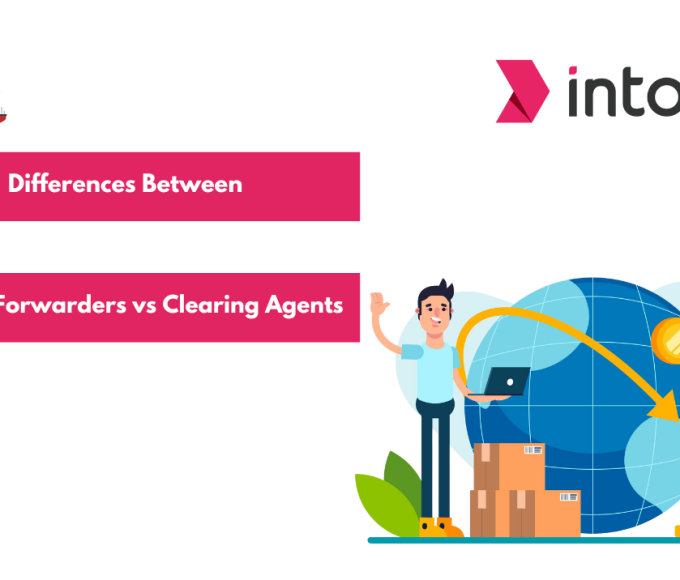Regarding international trade, businesses often rely on financial tools to ensure secure and reliable transactions. Two essential instruments that play a pivotal role in this process are the Letter of Credit and the Bank Guarantee. Although they serve similar purposes, their mechanisms and applications vary. Understanding the nuances of a Letter of Credit vs a Bank Guarantee is essential for exporters as it helps reduce business transaction risks. They assure buyers and sellers by providing a safety net, which builds trust and promotes stronger business partnerships.
This comprehensive guide will explore the key differences and comparisons between a Letter of Credit and a Bank Guarantee. By the end, you’ll clearly understand which instrument suits your business needs, enhancing your confidence in navigating global trade waters. Whether you are a seasoned trader or looking to streamline your Amazon FBA shipments in international commerce, grasping these distinctions is crucial for making informed financial decisions.
What is a Bank Guarantee?
A Bank Guarantee is a financial instrument provided by a bank that promises to cover a loss if the applicant (usually the buyer or debtor) fails to meet their contractual obligations. It works as a risk management tool, ensuring that the beneficiary (usually the seller or creditor) will receive the due payment or compensation, even if the applicant defaults. A Bank Guarantee provides a safety net that assures the fulfillment of financial commitments.
Primary Function: The primary function of a Bank Guarantee is to ensure that obligations are met by offering financial assurance to the beneficiary. This assurance minimizes the risk of financial loss and promotes trust between parties in a transaction. By providing a Bank Guarantee, the bank assumes the risk on behalf of the applicant, thus facilitating smoother and more secure business operations.
Types of Bank Guarantees
1. Performance Guarantee: A Performance Guarantee ensures that the contracted work will be done according to the agreed standards and within the specified timeframe. If the contractor fails to meet these conditions, the bank compensates the beneficiary for the loss.
2. Financial Guarantee: A Financial Guarantee assures the beneficiary that the applicant will fulfill their financial obligations, such as loan repayments or payment for goods and services. If the applicant defaults, the bank covers the outstanding amount.
3. Bid Bond Guarantee: A Bid Bond Guarantee is used in tender processes to ensure that the bidder (applicant) will enter into the contract if selected. If the bidder withdraws or fails to honor the bid, the bank compensates the beneficiary.
4. Advance Payment Guarantee: This guarantee protects the beneficiary when an advance payment is transparent to the contractor or supplier. It ensures that the advance payment will be refunded if the contractor or supplier fails to fulfill their contractual obligations.
5. Payment Guarantee: A Payment Guarantee ensures that the beneficiary will receive payment for the goods or services delivered, even if the buyer defaults on the payment.
6. Shipping Guarantee: A Shipping Guarantee facilitates the release of goods without presenting the original bill of lading. It assures the shipping company that the bank will cover losses if the original documents are not provided later.
Understanding the various types of Bank Guarantees and their specific functions can help businesses select the most appropriate financial instrument to safeguard their transactions and foster trust in their commercial relationships.
What is a Letter of Credit?
A financial document that a bank issues guarantees that the seller will be paid for products or services as long as the seller fulfills the requirements stated in the letter. This instrument is primarily used in international trade to mitigate the risk of the buyer’s potential inability or unwillingness to pay. By involving a trusted third party (the bank), both buyers and sellers can perform transactions with greater confidence and security.
Primary Function: Letter of Credit ensures that the seller receives payment as long as they comply with the terms and conditions outlined in the LC. This assurance reduces the risk for sellers, as the bank commits to covering the payment if the buyer defaults. For buyers, an LC assures that the payment will only be made once the seller fulfills their part of the agreement, such as delivering the goods or services as specified.
Types of Letter of Credit
1. Revocable Letter of Credit: The issuing bank can modify or cancel a Revocable Letter of Credit at any time without giving the beneficiary (seller) advance notice. This type is rarely used in international trading because it offers little security to the seller.
2. Irrevocable Letter of Credit: An irrevocable letter of credit cannot be modified or terminated without the agreement of all parties. Because the bank’s promise to pay is assured as long as the conditions are fulfilled, the seller is given higher security.
3. Confirmed Letter of Credit: It includes a second guarantee from a different bank, usually found in the seller’s country, and the guarantee from the issuing bank. It gives the seller an additional degree of security, especially in scenarios where the credibility of the issuing bank may be questioned.
4. Unconfirmed Letter of Credit: An unconfirmed letter of credit is guaranteed only by the issuing bank and does not require any additional confirmation from another bank. While it still offers significant security, it lacks the extra assurance a confirmed LC provides.
5. Standby Letter of Credit: A Standby Letter of Credit functions as a backup payment method. It is used when the buyer fails to fulfil their payment obligations, guaranteeing that the bank will pay the seller.
6. Transferable Letter of Credit: A Transferable Letter of Credit permits the beneficiary to transfer part or all of the credit to another party. It is commonly used in transactions involving intermediaries, such as trading companies.
7. Revolving Letter of Credit: A Revolving Letter of Credit covers multiple transactions over a specified period. It can be renewed automatically under the agreed terms, providing ongoing security for continuous trade relationships.
By understanding the different types of Letters of Credit and their specific uses, businesses can choose the most suitable instrument to secure their transactions and enhance trust in their trading partnerships.
Why do Exporters and Importers Prefer Bank Guarantees?
In international trade, Bank Guarantees stand out as essential tools, offering exporters and importers a reliable way to mitigate risks and secure transactions. Let’s understand why bank guarantee is on the more preferred side:
- Risk Mitigation: One of the primary reasons exporters and importers prefer Bank Guarantees is the significant risk reduction. For exporters, a Bank Guarantee ensures they receive payment or compensation even if the importer fails to fulfill their contractual obligations. This security is crucial in international trade, where the risk of default or non-performance can be higher due to economic instability or political issues in the importing country.
- Building Trust: Bank Guarantees help build trust between trading partners. Since a reputable financial institution backs the guarantee, both parties can engage in transactions with greater confidence. Exporters know they will be compensated for their goods or services, and importers can assure their suppliers of their commitment to the contract.
- Financial Security: A Bank Guarantee provides financial security for exporters, allowing them to manage their cash flow more effectively. Knowing that the payment is secured, exporters can allocate resources and plan their production and delivery schedules without worrying about non-payment.
- Facilitating Trade Agreements: Bank Guarantees facilitate smoother trade agreements by providing a clear framework for resolving disputes. If a default or non-compliance occurs, the beneficiary can claim the guarantee, ensuring they are not left uncompensated. This clarity encourages more robust trade relationships and can lead to repeat business.
- Enhancing Creditworthiness: For importers, obtaining a Bank Guarantee can improve their creditworthiness and reputation in the market. It demonstrates their commitment to honoring contractual obligations and their financial stability, which can lead to better terms and conditions from suppliers.
- Simplifying Complex Transactions: Bank Guarantees simplify complex international transactions by stating the terms and conditions under which the guarantee can be invoked. It reduces ambiguity and potential disputes, making the process more streamlined and efficient.
Benefits of Letters of Credit for Secure Transactions
Ensure secure and reliable transactions when engaging in international trade. Letters of Credit (LCs) offer a robust solution, providing multiple benefits that safeguard both buyers and sellers. Let’s explore the key benefits of using LCs for secure transactions.
- Assurance of Payment: One of the most significant benefits of a Letter of Credit (LC) is its assurance of payment to the seller. The bank guarantees payment as long as the seller adheres to the terms and conditions stipulated in the letter of credit. This significantly reduces the risk of non-payment, making it a preferred tool for international trade.
- Risk Mitigation: LCs mitigate various risks associated with international trade, including political risks, currency fluctuations, and economic instability. Sellers can confidently engage in transactions by ensuring payment through a bank without worrying about external factors affecting their payment.
- Simplified Trade Process: LCs simplify international trade by providing a standardized payment method. It reduces the administrative burden on both parties and helps streamline the documentation and compliance requirements.
- Protection Against Non-Performance: In addition to ensuring payment, some types of LCs, such as Performance Letters of Credit, also protect against the seller’s non-performance. The buyer may be liable for compensation if the seller does not provide the agreed-upon goods or services.
- Legal Framework: Letters of Credit are governed by international rules and regulations, such as the Uniform Customs and Practice for Documentary Credits (UCP). This provides a legal framework that ensures all parties understand their rights and obligations, further securing the transaction.
These advantages make LCs indispensable in international trade, fostering confidence and stability in business dealings across borders.
Comparative Analysis: Bank Guarantee vs Letter of Credit
| Factors | Bank Guarantee | Letter of Credit |
| Distinguishing Features | A promise by a bank to cover losses if the applicant defaults | A promise by a bank to pay the beneficiary upon presentation of specific documents |
| Primary Function | Ensures compensation for non-performance or default | Ensures payment upon fulfillment of contractual terms |
| Conditionality of Payments | Payment is made only if the applicant defaults | Payment is made upon presentation of specified documents |
| Risk to Beneficiary | Lower risk; bank compensates for applicant’s non-performance | Lower risk; payment assured if conditions are met |
| Risk to Applicant | May have to compensate the bank if the guarantee is invoked | Risk of bank not paying if conditions are not met |
| Application Areas | Commonly used in government contracts, construction projects | Predominantly used in import-export businesses, international trade |
| Use in Government Contracts | Ensures contractors meet performance obligations or financial commitments | Less commonly used |
| Use in Import-Export Businesses | Less common; typically used for performance or bid guarantees | Widely used to secure payments for goods/services in international trade |
This table provides a clear comparative analysis of Bank Guarantees and Letters of Credit, highlighting their distinguishing features, risk factors, involved parties, and areas of application.
Conclusion
If you are an exporter looking to streamline your cross-border shipments, specialized shipping services can simplify your logistics, whether you’re shipping from India to any part of the world.
Ensuring secure and reliable shipment of products is crucial for any international business. A Letter of Credit can provide security by guaranteeing payment upon meeting specific conditions, offering peace of mind in your transactions. Similarly, a Bank Guarantee can protect against risks associated with non-performance, ensuring your business commitments are met without financial loss.
For those involved in Amazon or other platforms, Amazon FBA shipping services can add significant value by ensuring your shipments are managed efficiently and securely.
Intoglo is rated as the “Best International Shipping Partner” by Amazon. Get comprehensive shipping solutions to expand your business from India to global markets. We will help you reach fulfillment centers efficiently and reliably.
Get a call back from our dedicated in-house Amazon experts and get free guidance.









Leave a comment